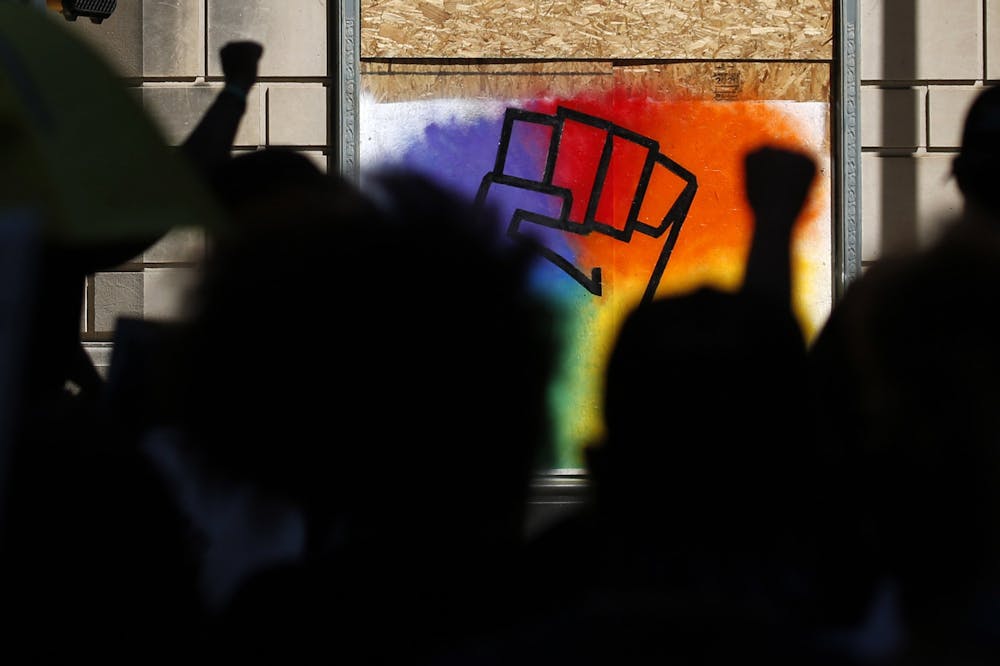June 19, 1865.
This was the day the last slaves in the United States were made aware they were now free. This came more than two years after President Abraham Lincoln signed the Emancipation Proclamation into existence on January 1, 1863.
Though this day is largely recognized in the Black community as our true Independence Day as our freedom was neither won nor decided on July 4, 1776, it took 156 years for the day to be recognized as a federal holiday. It wasn’t until the outcry from the Black community — and overdue recognition from outside of it — during 2020 and the height of the Black Lives Matter movement that many people even knew what Juneteenth was or represented.
With the fight against police violence, the struggle of Black students feeling isolated on campus, the continual effort to teach the full American history in schools and so much more in recent years, many Black people feel Juneteenth isn’t just a day to remember when our ancestors were freed, but one to rest and review how far we have come, and renew ourselves for the fight ahead.
Still, to this day, the federal holiday still isn’t recognized as it should be.
In celebration and recognition of the Fourth of July, most workers get the day off work. If the holiday falls on a weekend, they get either the Friday before, or the Monday after off of work. Those who work in retail, food service industries, and the like often get holiday pay if they work during the holiday.
However, though Juneteenth is now recognized as a federal holiday, the day is no different for many in the workforce.
This summer, I am working at a camp run by a private elementary school in Indianapolis, which is the same school both of my brothers went to when they were in elementary school. Many parents rely on summer camp for childcare while they are at work during the summer. However, in recognition of Juneteenth, the school is not holding summer camp today.
I am grateful my workplace cares enough to not only exhibit their celebration and recognition through lip service, but by actually allowing workers to have the day off to celebrate and to use the day to rest and recharge. IU similarly will be treating Juneteenth as a paid holiday and closing campus every year in recognition of it. My mother was not so fortunate.
While she was sent an email acknowledging the holiday, the recognition didn’t go beyond that. She is still working and will receive no monetary benefit or compensation for doing so.
It is easy to think perhaps this is the case because the holiday was just recently recognized as a federal holiday. After all, it took some time for July Fourth to be recognized as a paid holiday as well. The difference, though, is the fact that July Fourth was nationally acknowledged and celebrated well before it was made a federal holiday. Juneteenth was not.
Not only this but the facts of its history being taught are still under contention within the ridiculous arguments against teaching critical race theory, a phrase that has been stripped of its true meaning — challenging the current schools of thought around the intersection of race, society and law. This is accomplished by teaching the full breadth of American history, including Black American history beyond the handful of figures lectured on each February.
If corporations want to truly recognize their Black employees, promote equity in their workplace and actually celebrate the legacy of Juneteenth, giving those employees the day off is a great start.
We have a long way to go in the United States in all aspects of equity, and in this case, the recognition and celebration of Juneteenth. Making it a federal holiday a year ago was a step in the right direction, but I hope the celebrations continue to grow in the coming years.






